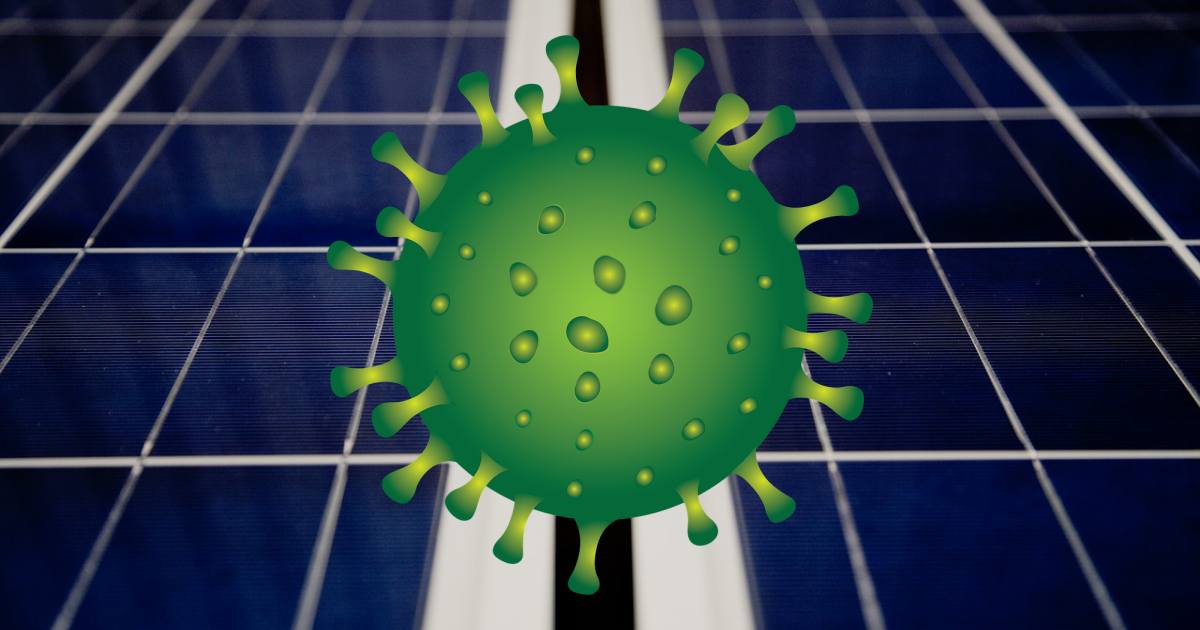
Australia’s response to COVID-19 needs to clearly recognise the essential nature of renewable energy and energy storage says the Clean Energy Council.
Supply of electricity being considered an essential service is a slam-dunk. It’s defined as such in various states’ and territories’ legislation. For example, in the case of NSW’s Essential Services Act 1988, it states essential services include:
“the production, supply or distribution of any form of energy, power or fuel or of energy, power or fuel resources”.
But what about the installation of renewables, such as home solar power; or continuing work on commercial and utility-scale PV projects during the COVID-19 crisis? It really needs some clarification at the Federal level.
“Energy provision is very clearly an essential service, and this includes the hundreds of renewable energy projects under construction and in operation across Australia as well as the millions of rooftop solar and household battery systems that are all essential to the operation of the Australian electricity system,” states the CEC.
The CEC says it’s critical any future restrictions put in place in response to the COVID-19 crisis for ‘non-essential’ business activity recognises the operation and maintenance of renewables and energy storage projects are essential, but also construction and installation, along with energy transmission and distribution.
While large-scale renewables generally don’t require the level of maintenance of thermal energy projects, workers still need to be able to get to sites when required and be on-site where necessary.
In terms of small-scale solar power, being able to continue to carry out installations won’t just help protect Australians in a position to acquire a system from high electricity bills that may soon be higher if they are confined to their homes, it will also help to preserve thousands of jobs in the sector. Just in terms of accredited solar installers, there are now more than 6,500 across the country – added to that are employees including trades assistants, and admin, sales and marketing staff.
As we mentioned earlier this week, going solar doesn’t require close contact between the customer and the solar business – and risks can be minimised for those who install systems so they can be kept safe. Addressing this issue more broadly in terms of renewables and energy storage, the CEC says:
“The industry is fully committed to following government health advice to protect its people as they carry out their work and to limit any risk to the communities in which they operate.”

 RSS - Posts
RSS - Posts



While we need to recognize that extreme restrictions may need to be put in place for a for a period of time to reduce the spread of the virus and to reduce road and other accidents, as we may very soon reach a point where emergency care that allows an accident victim to survive represents someone else dying or multiple older people dying as hospital triage attempts to maximize the years of life saved. But until that occurs, solar installation should be recognized as a low risk activity for the spread of the Coronavirus and one way to keep the economy turning over.